Full Text Sharing
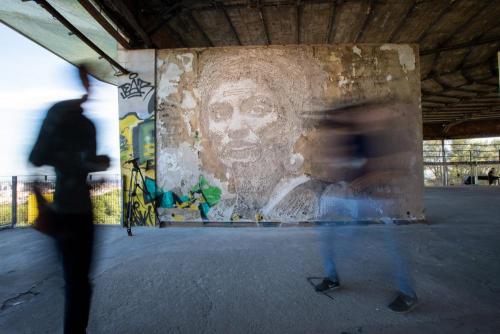
24th May 2021 - Online Extension Event
Conference Goals
- Share academic research with the civil society and, in a participatory manner, contribute to the understanding of the impact of artistic processes on social change, both at a local and global scale, to raise awareness and inspire action for the protection of human rights;
- Reflect on the different concepts associated with the arts and activism, along with their effectiveness in the scope of artistic practices for human rights;
- Identify artists at risk for their artistic practices and understand their creative contexts, identifying limits to freedom of expression, as well as strategies used to overcome its limitation;
- Reflect on how art is expanding into other disciplinary fields and how the processes of interaction between them are contributing to open new avenues for the protection of human rights.
- Share academic research with the civil society and, in a participatory manner, contribute to the understanding of the impact of artistic processes on social change, both at a local and global scale, to raise awareness and inspire action for the protection of human rights;
- Reflect on the different concepts associated with the arts and activism, along with their effectiveness in the scope of artistic practices for human rights;
- Identify artists at risk for their artistic practices and understand their creative contexts, identifying limits to freedom of expression, as well as strategies used to overcome its limitation;
- Reflect on how art is expanding into other disciplinary fields and how the processes of interaction between them are contributing to open new avenues for the protection of human rights.
Within the scope of the current human rights challenges our world is facing, arts have been striving to be recognized as a fundamental place for debate and critical thinking, as well as a catalyst for collective awareness and empathy.
Exploring topics that range from climate change to the refugee crisis, from discrimination to authoritarian regimes affirmation, several events are prompting artists, both individually and collectively, to rethink the role of art as an agent for social change. In the last decade, several projects were created in countries that continually suffered human rights violations, such as Syria, Yemen, Nigeria, Somalia, and others, which enrich our current knowledge and challenge our perspectives on artistic practices and ways of working around freedom of expression. In the face of current circumstances and having in mind the increase of information shared globally, the relevance of artistic productions as a tool for debate and political intervention becomes more evident. Indeed, we can currently find numerous civic movements, collectives, activists and organizations collaborating with artists to enrich their projects and amplify their values and messages.
Succeeding some influential manuals created by different collectives at the end of the 1980’s and during the 1990’s in the USA, new reflections have been emerging to systemize operating modes within the designated “guerrilla art” such as, per example, Beautiful Trouble – Toolbox for Revolution (2012) or Truth is Concrete – A Handbook for Artistic Strategies in Realpolitics (2014). These artistic practices became known through different terms, such as “socially engaged art”, “participatory art”, “community art”, “relational art”, “political art”, “artistic activism” or “artivism”. While we can identify the singularities of each of these designations, they share and converge within a common space focusing on the call for human rights and, more widely, on human dignity.
From a theoretical and academic perspective, these practices have been object of study by different authors – such as Nina Felshin (1995), Nicholas Bourriaud (1998), Miwon Kwon (2002), Grant Kester (2004, 2011), Claire Bishop (2006, 2012), Jacques Rancière (2009), Gregory Shoelette (2011), Shannon Jackson (2011) or Tom Finkelpearl (2013) – who have contributed to their study and discussion through different approaches. With the drive to contribute and advance on the reflection of theories and practices on the field, this conference opens up as a meeting for researchers, artists, activists and other agents that are working on the intersections of art and human rights around the globe.
|
Gregory Sholette
|
|
Artist, writer, activist and teacher Gregory Sholette specializes in the history and theory of contemporary
socially engaged art.
His research and artistic practices focus on issues of equitable labor justice for artists,
the activist agency of “dark matter” art, critical pedagogy and organizing counter-institutional resistance
to authoritarianism, neoliberalism, and oppressive, racialized historical narratives.
A co-founder of several artists' collectives including Political Art Documentation/Distribution (1980),
REPOhistory (1989), and Gulf Labor Coalition (2010), as well as the curator of Imaginary Archive,
a collection of documents about a past whose future never arrived, his publications include a
special double issue of FIELD Journal of Socially Engaged Art with over thirty global reports
focusing on “Art, Anti-Globalism, and the Neo-Authoritarian Turn,” and the books
Art as Social Action (with Chloë Bass, 2018, Skyhorse Press);
Delirium & Resistance: Art Activism & the Crisis of Capitalism; Dark Matter: Art and Politics in the Age of
Enterprise Culture. (Pluto Press 2017 & 2010); Collectivism After Modernism (U. Minn., 2006);
The Interventionists with Nato Thompson (MIT 2004).
Sholette is a graduate of the Whitney Program in Critical Theory (1996),
did his MFA at UC San Diego (1995), BFA at The Cooper Union (1979), and
received his PhD in Heritage and Memory Studies from the University of Amsterdam,
The Netherlands (2017). He is associate faculty at the Art, Design and
the Public Domain program of Harvard University’s Graduate School of Design,
and the past decade he has co-directed the pedagogical art and
social justice initiative Social Practice Queens where he is a professor of art. Sholette blogs
at Welcome To Our Bare Art World: https://gregsholette.tum
Manfred Nowak
Karima Bennoune, UN Special Rapporteur in the field of cultural rights
Karima Bennoune was appointed UN Special Rapporteur in the field of cultural rights in October 2015.
Karima Bennoune grew up in Algeria and the United States. She is Professor of Law and
Martin Luther King, Jr. Hall Research Scholar at the University of California-Davis School of Law
where she teaches courses on human rights and international law.
Her research and writing, including on cultural rights issues, has been widely published in leading journals and periodicals.
She has received numerous awards, including the Dayton Literary Peace Prize (2014) for her recent book,
“Your Fatwa Does Not Apply Here: Untold Stories from the Fight Against Muslim Fundamentalism.”
The book was based on some 300 interviews with people from 30 countries and tells the stories of people of
Muslim heritage challenging extremism.
The TED talk based on the book has been viewed by over 1.3 million people.
Ms. Bennoune has worked in the field of human rights for more than 20 years, including with
Ms. Bennoune has worked in the field of human rights for more than 20 years, including with
governments and non-governmental organizations, and has carried out field missions, trial observation,
election observation and research in many regions of the world. Professor Bennoune has also served as a consultant
for UNESCO. She has frequently commented on human rights issues for the global media.
Daniel Gad
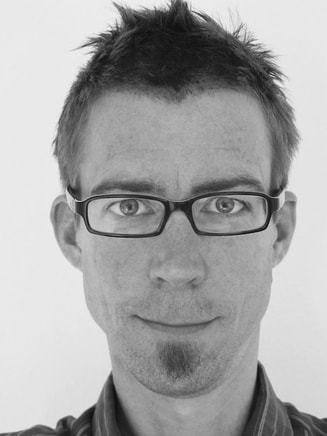
UNESCO Chair in Cultural Policy for the Arts in Development at University of Hildesheim since 2012.Dr.
Daniel Gad is a cultural policy researcher and managing director of the
He is head of the Arts Rights Justice Programme and member of the consulting committee of the
Martin Roth-Initiative.
Since 2017 he is representing the University of Hildesheim at the
Steering Committee of Hildesheim's approach to become European Cultural Capital 2025.
In 2014 he had been the head of management of the VIII.
International Conference on Cultural Policy Research (ICCPR2014).
Since 2014 he is member of The International Journal of Cultural Policy’s list of reviewers.
He had been member of the Cultural Policy Task Group of the Panafrican Arterial Network.
Since 2014 he is member of the U40 Network "Cultural Diversity 2030" (coordinated by IFCCD and
the German Commission for UNESCO). In 2013 he finalized his PhD entitled
“The Art of Development Cooperation. Concepts and Programs of a Foreign Cultural Policy of the Nordic Countries”
consulted by Wolfgang Schneider. In the years before he had been freelance consultant of the
German Development Service (DED), Goethe-Institut, Heinrich-Boell-Foundation and Institute for
Foreign Cultural Relations (ifa). He is musician and photographer.


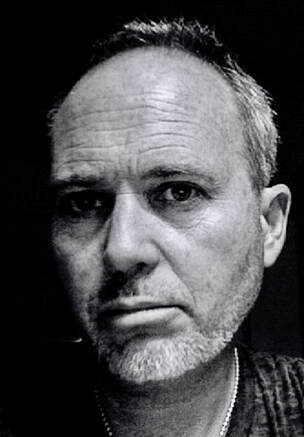
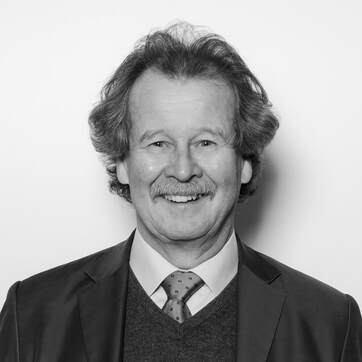
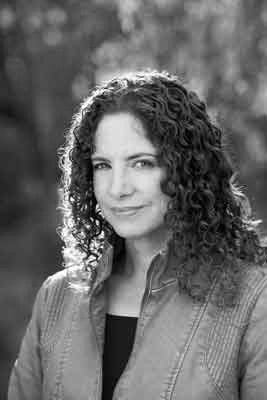








Add new comment